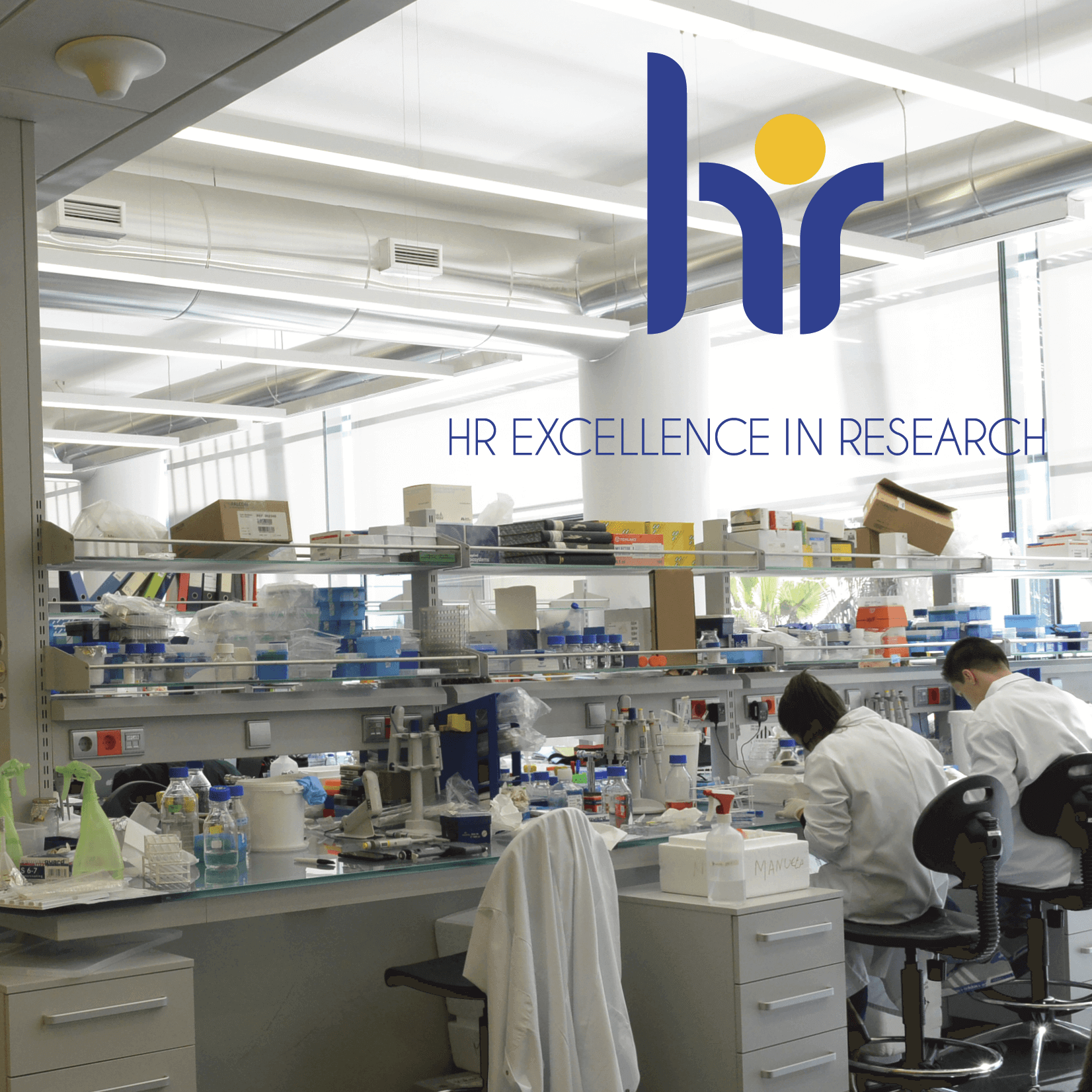20 May. 2025

Application Starts: 20 May. 2025
[PLEASE NOTE THAT THE RECRUITMENT PROCESS FOR THIS CALL IS NOW CLOSED]
Position overview
We are seeking a highly motivated and skilled Post-Doctoral Fellow to join our dynamic research team at the Botton-Champalimaud Pancreatic Cancer Centre. This prestigious center is dedicated to advancing pancreatic cancer research and treatment through innovative approaches and multidisciplinary collaboration.
19 May. 2025
Game/VR Developer

Application Starts: 19 May. 2025
[PLEASE NOTE THAT THE RECRUITMENT PROCESS FOR THIS CALL IS NOW CLOSED]
Offer Description
A Call for one research fellowship (Bolsa de Investigação) for a Game/VR Developer is open at Fundação D. Anna de Sommer Champalimaud e Dr.
08 May 2025
Parkinson’s Disease might be detected much earlier with a simple brain scan
An international team, led by researchers at the Champalimaud Foundation (CF), has shown – for the first time in a realistic way – that it may be possible, in the future, to diagnose Parkinson’s disease (PD) years earlier, by scanning people’s brains with functional magnetic resonance imaging (fMRI). Although there are treatment options after diagnosis, there is no cure. Therapies are continually improving — with ongoing research aiming to slow or even alter the course of the disease - investing in the research of methods that enable much earlier diagnosis is crucial.
06 May 2025
How AI Is Transforming PET/CT Analysis
Analysing these scans can also be time-consuming and complex, as doctors need to pore over countless images, looking for often tiny details.
So, any new imaging analysis technique that is faster and more precise is always welcome: a new paper (recently published in the Journal of Nuclear Medicine) reveals that the Champalimaud Foundation’s Nuclear Medicine-Radiopharmacology Unit has managed just that by using Deep Learning (DL) Artificial Intelligence (AI).
01 May 2025
Researchers find neurons in the fruit fly’s brain that tell it whether it’s moving straight ahead… or not
When a fruit fly is navigating straight forward at high speed, why does it know that it’s not straying off course? Because as long as the fly moves directly forward, the visual scene shifts from front to back in a near-perfect mirror image across both retinas – generating, in other words, a symmetrical visual motion pattern. This pattern, known as “optic flow”, provides a powerful cue for detecting self-motion and maintaining direction.
29 April 2025
Champalimaud Foundation’s Henrique Veiga-Fernandes named Portugal’s sole ERC Ambassador
Chosen from over 200 applicants across Europe and associated countries, Veiga-Fernandes was one of just 32 scientists ultimately appointed as ERC Ambassadors. The final selection aimed to balance gender, seniority, and the representation of both current ERC grant holders and different countries. The 32 ambassadors represent 21 EU Member States and four Associated Countries – Israel, Norway, Turkey, and the United Kingdom – plus Switzerland.

